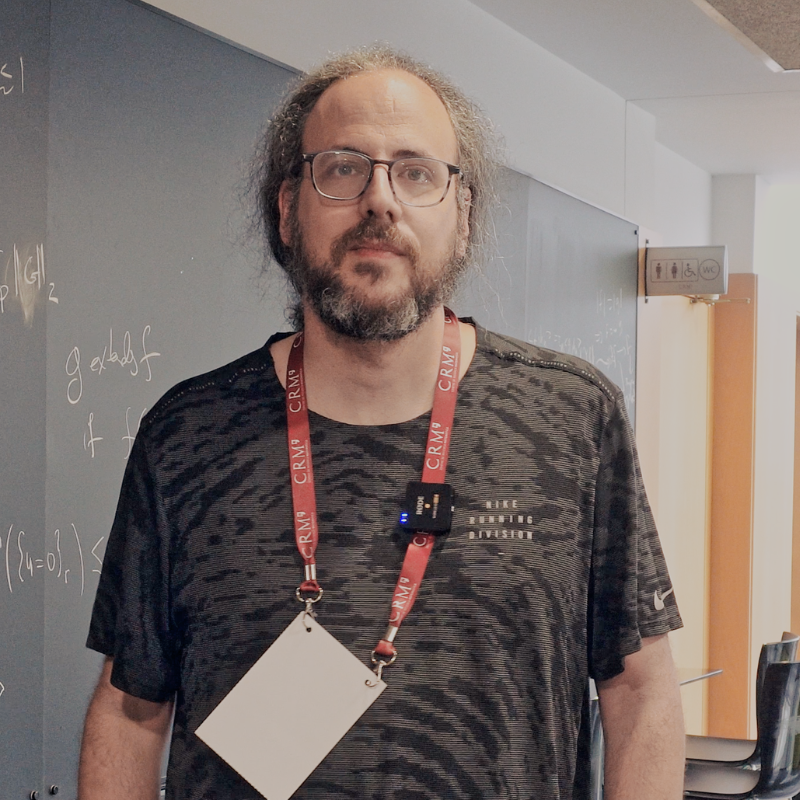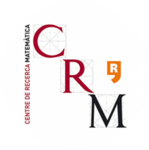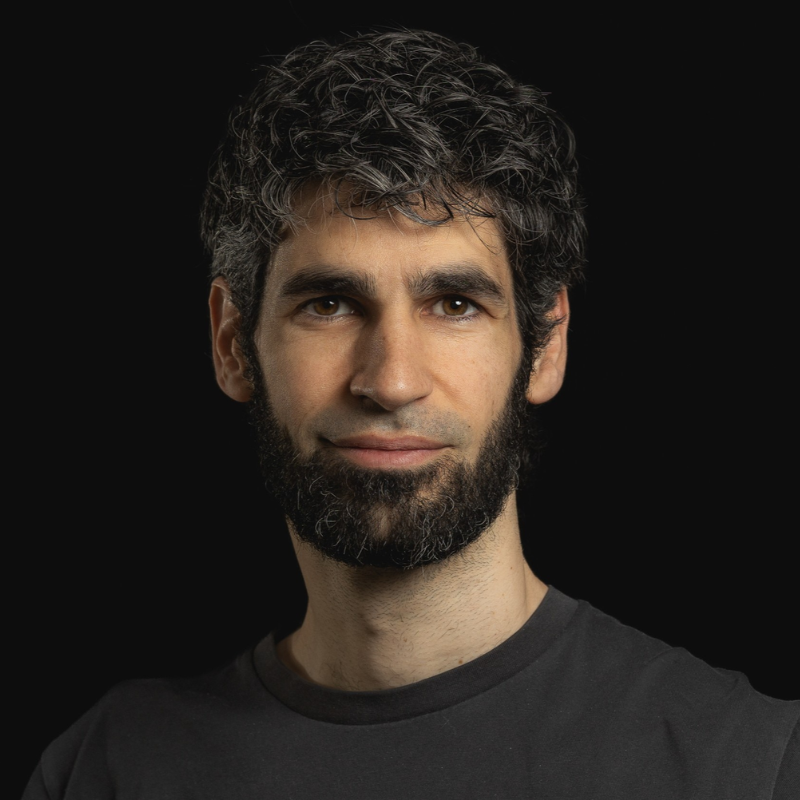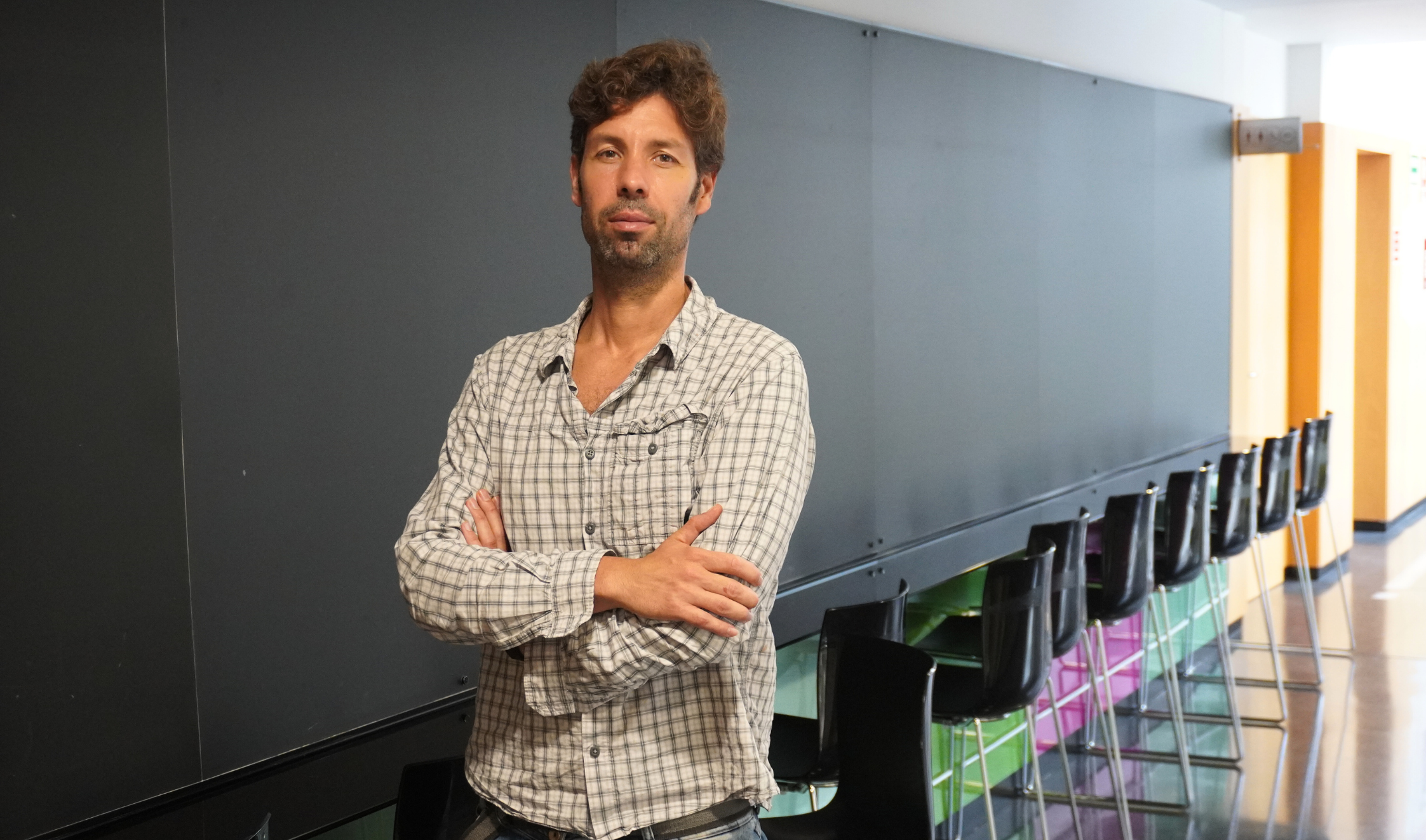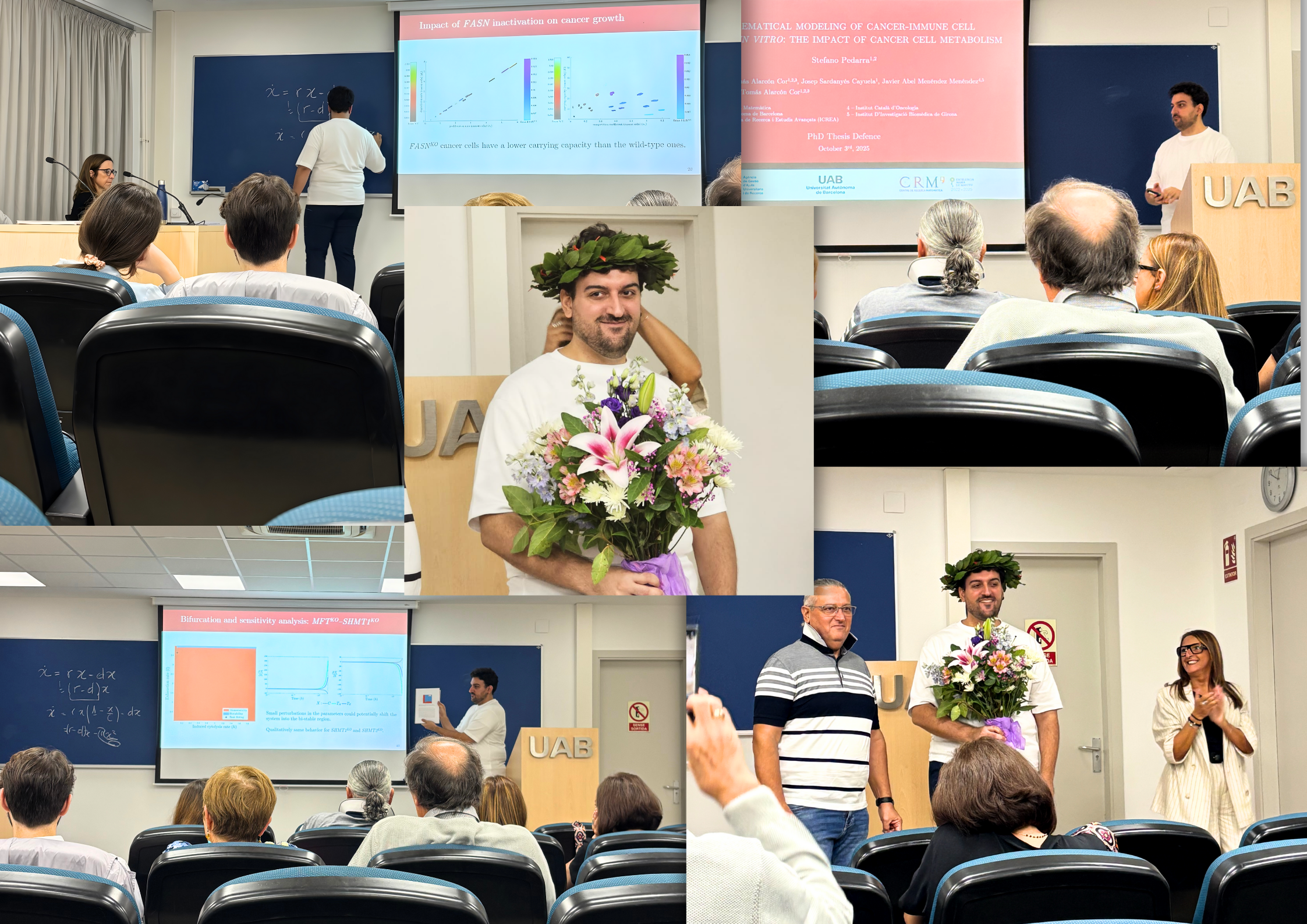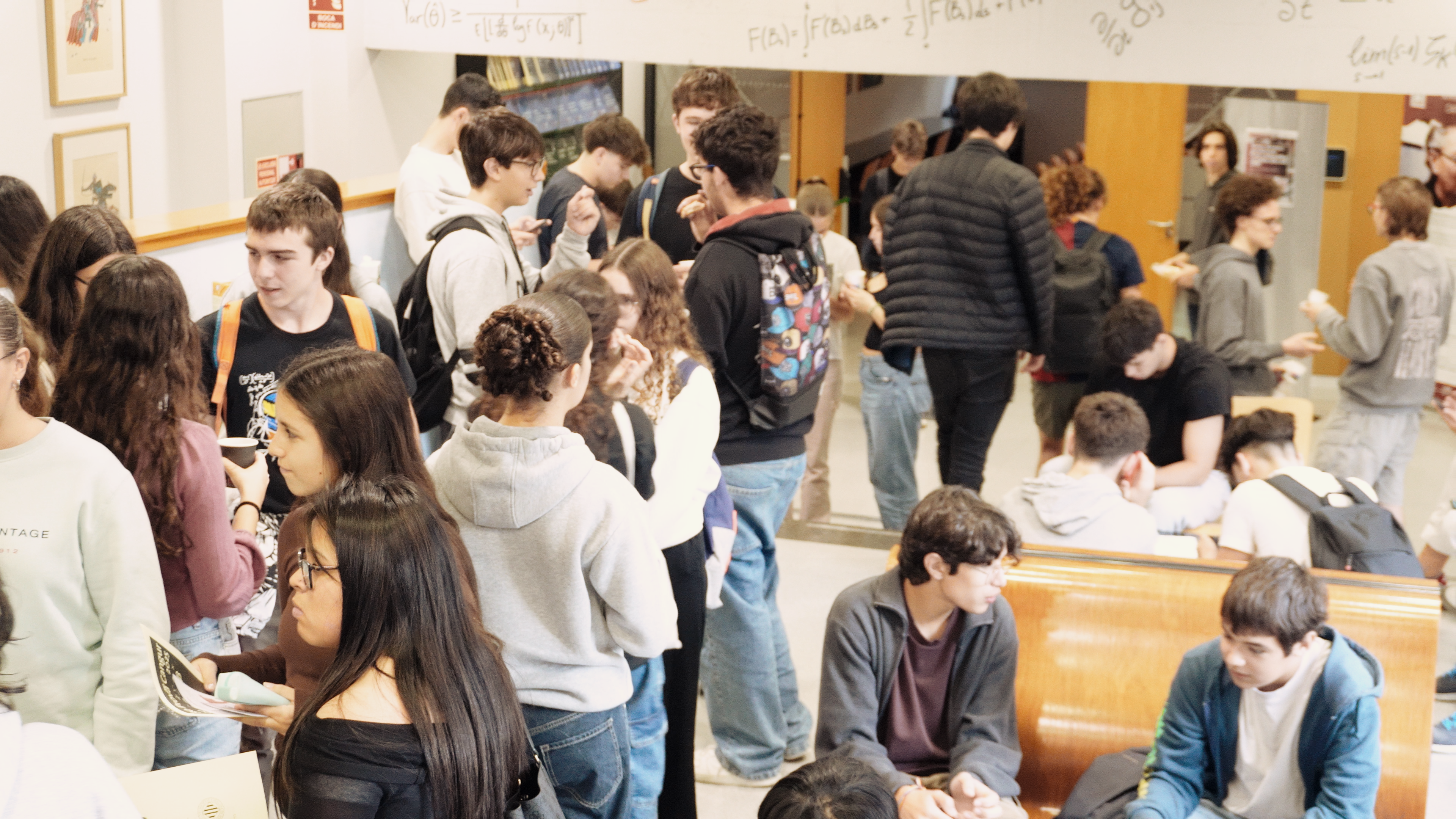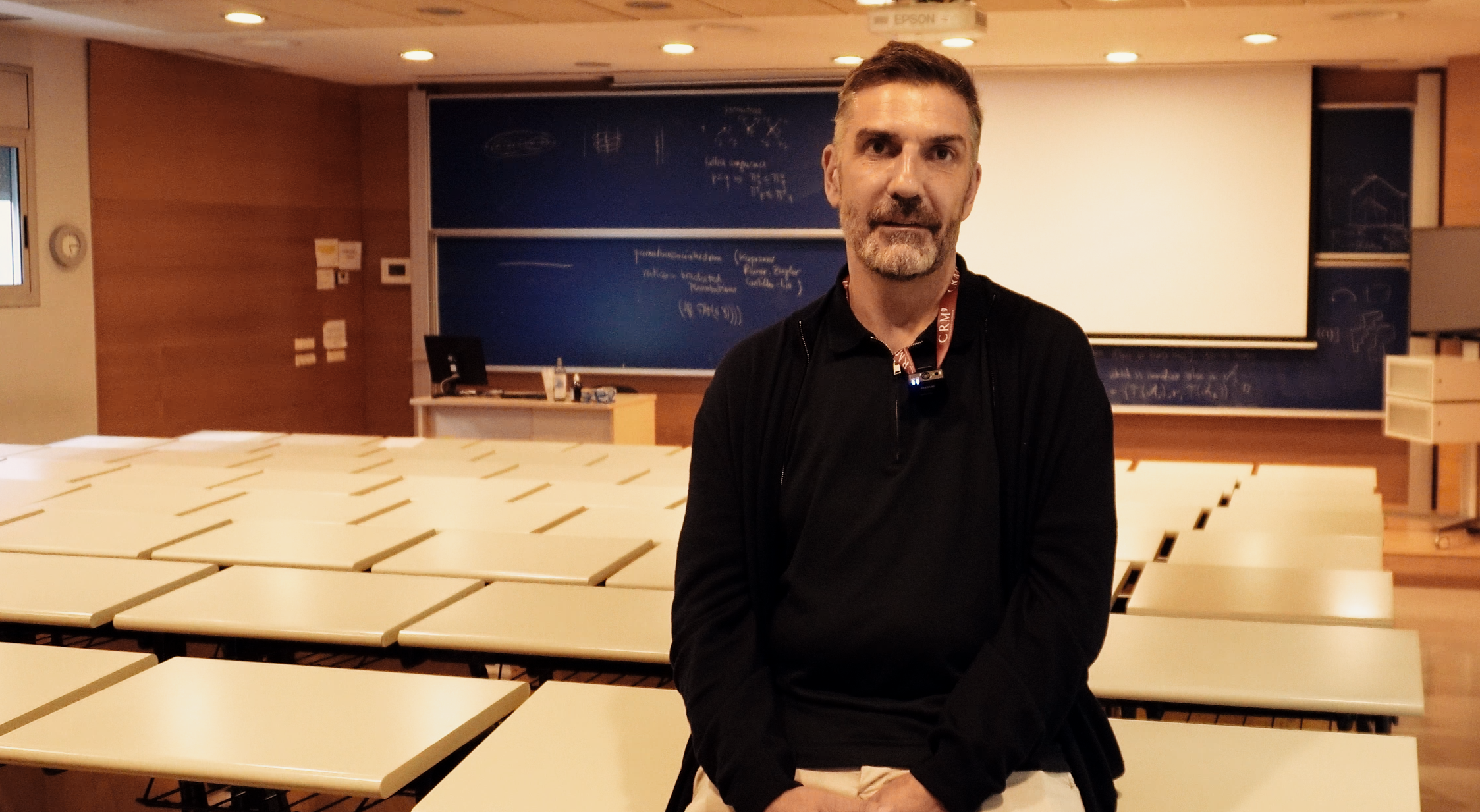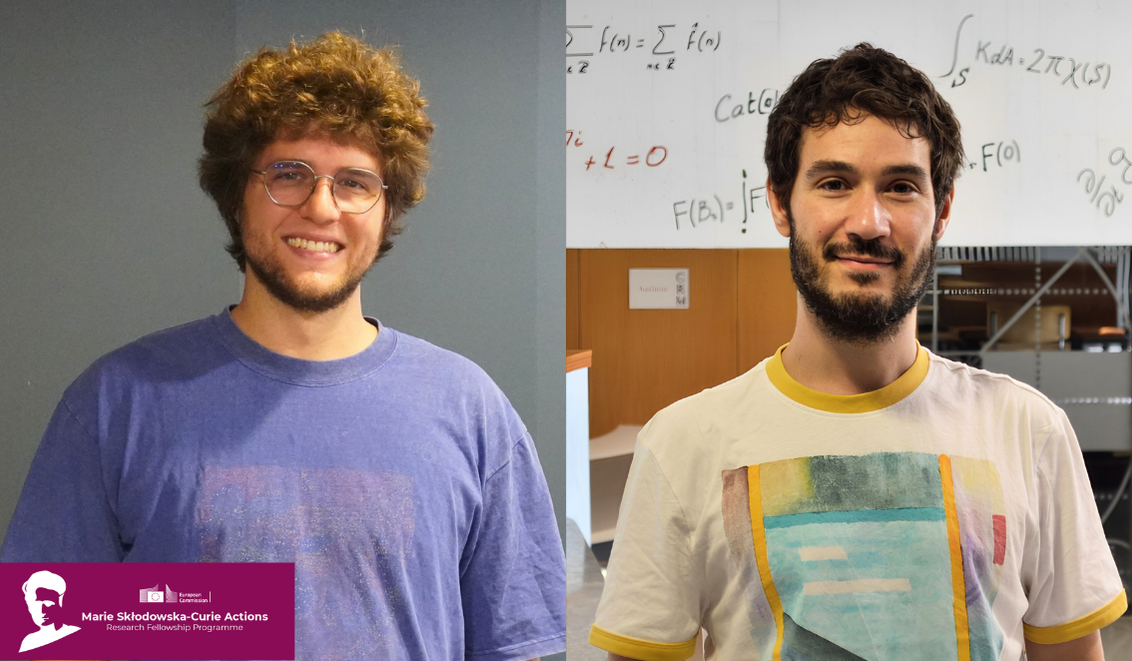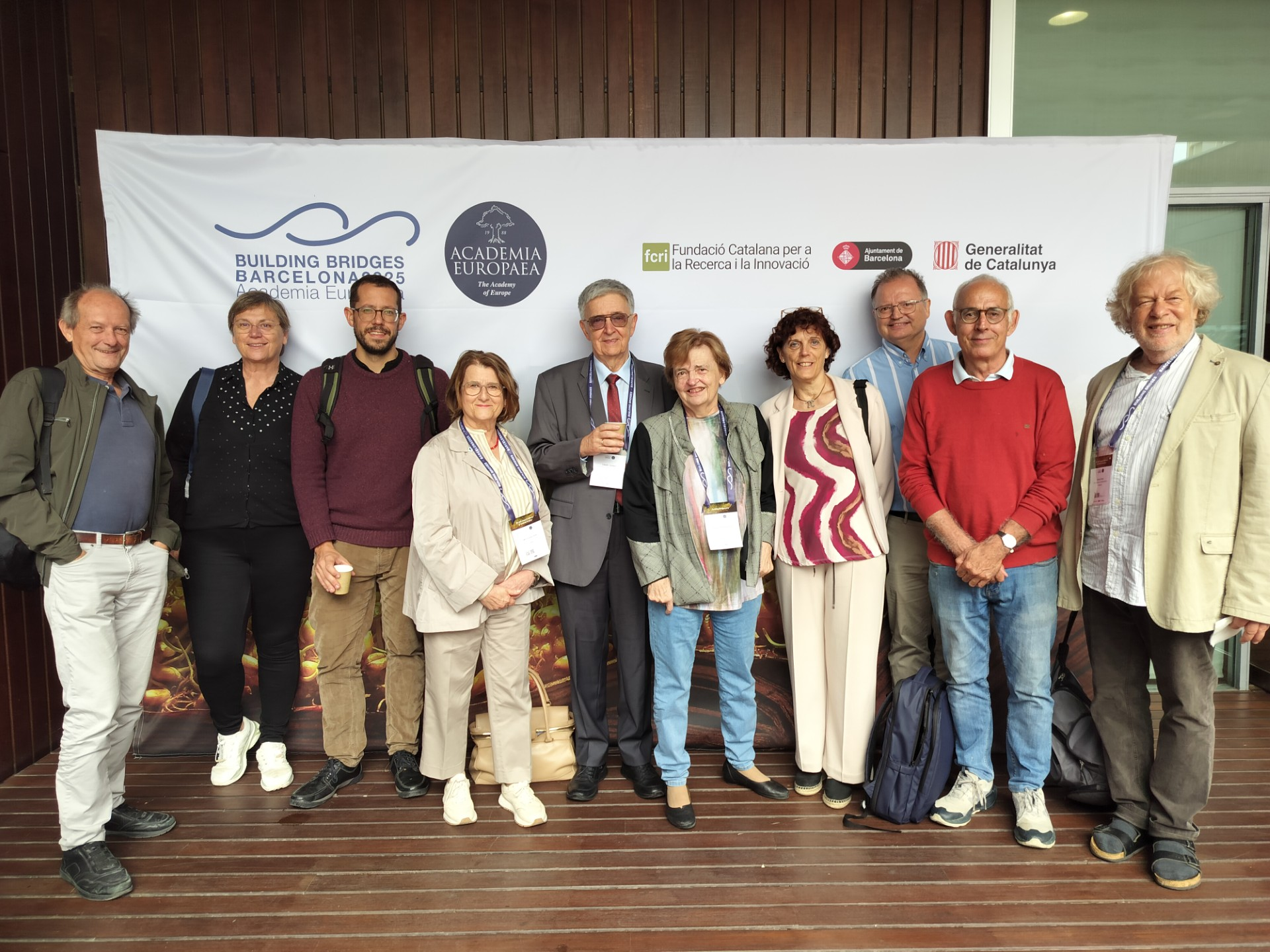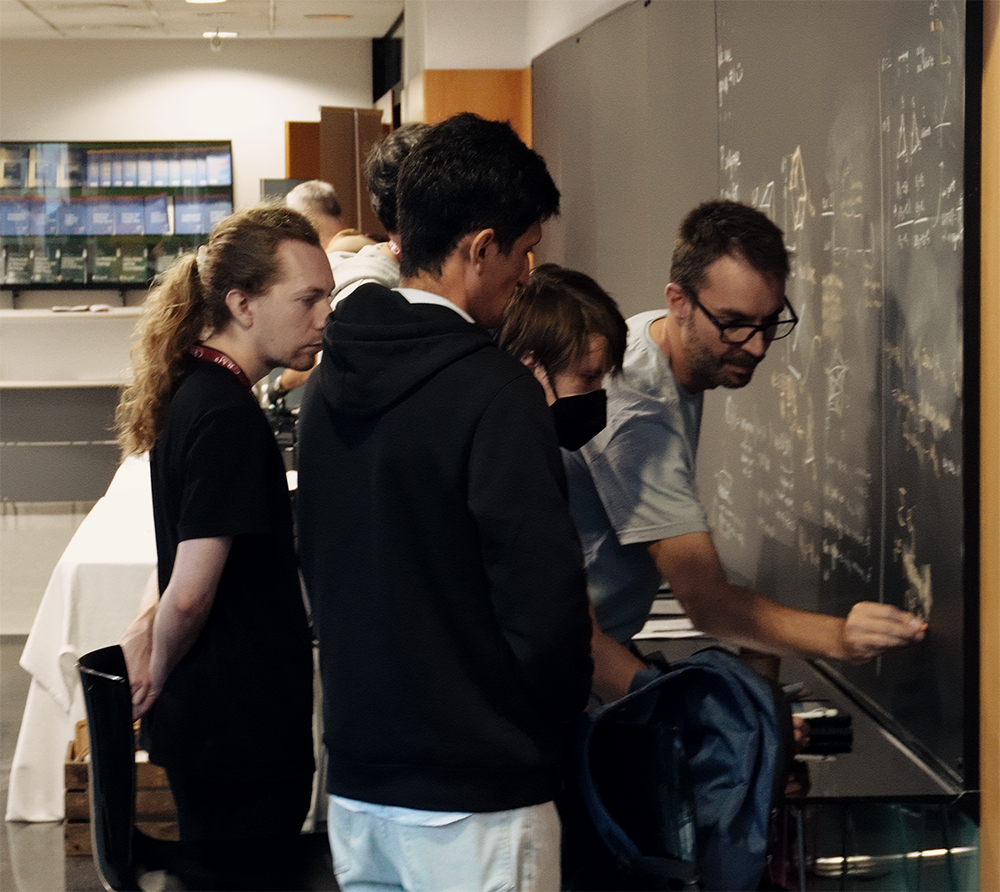
Researcher Javier Gómez Serrano, a former member of the Centre de Recerca Matemàtica (CRM) from 2020 to 2022, and currently a professor at Brown University, is part of a new project at the intersection between mathematics and artificial intelligence. Together with mathematician Terence Tao, form the University of California, and a team at Google DeepMind, Gómez Serrano is helping to develop AlphaEvolve, a pioneering tool that explores a new way of doing mathematics. We had the opportunity to speak with him during the recent Conference on Modern Trends in Fourier Analysis at the CRM.
AlphaEvolve, publicly announced on May 14, 2025, is an evolutionary coding agent based on language models like Gemini. Its core idea is simple but powerful: generate multiple candidate solutions in code and evolve them iteratively through a process similar to natural selection. This method has already shown its potential by tackling major open problems, such as matrix multiplication or the kissing number problem in 11 dimensions. In this last case, AlphaEvolve discovered a configuration of 593 spheres tangent to a unit sphere, setting a new lower bound for this longstanding geometric challenge.
A new way to do mathematics?
Gómez Serrano first came into contact with DeepMind through a previous collaboration on the Navier–Stokes equations. “I had already been working with them on that topic, and at the end of January 2025 we started this new project,” he explains. For him, the emergence of tools like AlphaEvolve signals a turning point in mathematical research: “I believe the way we do mathematics is going to change, at least for part of the community. These kinds of models or assistants will become more widespread and will help us reach results that now take one or two years in just a few days.”
This acceleration also transforms the kind of questions mathematicians can ask: “We’ll be able to tackle harder problems, because we’ll have more powerful tools,” he says. But he also adds a note of caution: “We still don’t know the best way to interact with these models. The community is figuring out how to get the most insight with the least computational cost.”
Unlike systems like ChatGPT, AlphaEvolve does not operate through natural language. “We don’t talk to it with plain text,” Gómez Serrano explains. “We ask it to write code that tries to solve the problem, and that code then evolves and improves over time.”

This raises new challenges, especially when it comes to extracting insight from the solutions. “When the model detects structure in a solution, how do we understand and translate that into mathematical intuition? That’s something we still don’t fully grasp.” As Terence Tao explained on Mastodon: “AlphaEvolve can attempt to extremize functions F(x) with x ranging over a high-dimensional parameter space, and can outperform traditional optimization algorithms when the function and space have non-obvious structure”.
When it comes to the role of AI in mathematics, Gómez Serrano is clear: it’s not a competition. “This isn’t about humans versus machines. The real value is in what humans and machines can do together. These tools allow us to go beyond our limits, not in competition, but in collaboration.”
As for the areas of mathematics most likely to be affected, he points to quantitative or concrete domains as natural early adopters. “It’s easier for a computer to handle numbers than to represent abstract concepts like groups. But with the speed these technologies are evolving, we don’t really know where the boundary will be.”
A message to young mathematicians
His advice to early-career mathematicians is simple: keep an open mind. “This landscape is evolving incredibly fast. The pace of results is no longer measured in years, but in months. Staying informed and open-minded is essential to understand how this new mathematical world will work.” He sees it not as a threat, but as an opportunity: “We’re starting from scratch in many ways. That gives us a chance to take the lead, not just in research, but in defining how mathematics is done in the future.”
New tools like AlphaEvolve are reshaping how we approach mathematical discovery. By combining human insight with AI-driven exploration, this project is opening new paths toward solving complex problems; faster, deeper, and with unexpected creativity.
The full interview with Javier is available on the CRM YouTube channel.
Javier Gómez Serrano is an Associate Professor at Brown University. He was previously a Distinguished Researcher at the University of Barcelona and held positions at Princeton University. From 2020 to 2022, he was an Affiliated Researcher at the Centre de Recerca Matemàtica (CRM).
His work sits at the crossroads of analysis, PDEs, fluid mechanics, spectral geometry, numerical computation, machine learning, and computer-assisted proofs.
Subscribe for more CRM News
|
|
CRM CommPau Varela
|
Xavier Ros-Oton among the 65 most cited mathematicians in the world
ICREA professor at the Universitat de Barcelona and CRM affiliated researcher Xavier Ros-Oton appears on Clarivate's Highly Cited Researchers 2025 list, which this year reinstates the mathematics category after two years of exclusion.Citations are a strange way to...
New Horizons for H- and Γ-convergence: From Local to Nonlocal (and viceversa)
The researchers Maicol Caponi, Alessandro Carbotti, and Alberto Maione extended the H- and Γ-convergence theories to the setting of nonlocal linear operators and their corresponding energies. The authors were able to overcome the limitations of classical localization...
Diego Vidaurre joins the CRM through the ATRAE talent programme
Diego Vidaurre has joined the Centre de Recerca Matemàtica through the ATRAE programme, bringing his expertise in modelling spontaneous brain activity across multiple data modalities. His work focuses on understanding how the brain’s intrinsic dynamics shape...
El CRM a la Setmana de la Ciència: una ruta entre dones, formes i pensament
El CRM va participar en la 30a edició de la Setmana de la Ciència amb una ruta guiada que va combinar les biografies de dones matemàtiques amb obres d'art del centre, connectant ciència, història i creació artística.El 12 de novembre, el Centre de Recerca Matemàtica...
Stefano Pedarra Defends his PhD Thesis on the Interaction between Tumour Cells and the Immune System
Stefano Pedarra has completed his PhD at the Centre de Recerca Matemàtica with a thesis exploring how tumour-cell metabolism shapes the immune system’s ability to fight cancer. His work brought mathematics and biology into direct conversation, from building models to...
Els estudiants participants a la prova de preselecció de Bojos per les Matemàtiques visiten el CRM
La prova de preselecció de Bojos per les Matemàtiques va reunir estudiants de tot Catalunya a la UAB i al CRM, amb presentacions a càrrec de Montse Alsina, presidenta de la Societat Catalana de Matemàtiques, Núria Fagella, degana de la Facultat de Matemàtiques i...
Jordi Mompart highlights the role of artificial intelligence in sport at the XIII GEFENOL-DIFENSC Summer School
The XIII GEFENOL-DIFENSC Summer School gathered over thirty researchers from across Europe to explore how statistical physics helps explain complex phenomena in biology, ecology, networks, and social systems. In his closing lecture, Jordi Mompart (UAB) examined how...
Critical Slowing Down in Genetic Systems: The Impact of Bifurcation Proximity and Noise
An international collaboration including researchers from the Centre de Recerca Matemàtica (CRM) has shown that when several bifurcations occur close to one another, their interaction can dramatically amplify critical slowing down effect - the progressive slowdown of...
Two CRM researchers begin their Marie Skłodowska-Curie fellowships
Gustavo Ferreira and Tássio Naia, CRM postdoctoral researchers and new Marie Skłodowska-Curie fellows. Gustavo Ferreira and Tássio Naia, who joined the CRM in 2023 through the María de Maeztu programme, have started their Marie Skłodowska-Curie postdoctoral...
Matroid Week at CRM: A Collaborative Dive into Combinatorial Geometries
From October 13 to 17, 2025, the CRM hosted Matroid Week, a research school on combinatorial geometries and matroid theory. Courses by Laura Anderson and Geoff Whittle explored intersection properties and structural emergence in matroids. The event fostered deep...
László Lovász receives the 2025 Erasmus Medal in Barcelona
Mathematician László Lovász received the 2025 Erasmus Medal from the Academia Europaea yesterday at the PRBB in Barcelona, where he delivered the lecture “The Beauty of Mathematics”. Renowned for his work in graph theory and discrete mathematics, Lovász has shaped...
Combinatorial Geometry Takes Shape at the CRM
For one week in early October, the Centre de Recerca Matemàtica became a meeting ground for the world of combinatorial geometry. The Polytope Week research school gathered more than fifty participants from three continents to study the interplay...

